Who to call:
Wildlife Victoria 03 8400 7300. With continued growth in population, increasing urbanization and land clearing our free-ranging wildlife are significantly impacted. Injuries include, motor vehicle strikes, domestic cat and dog attacks, fence entanglements, rat bait (and other ) poisoning and Orphans. If you find an injured or orphaned wildlife please DO NOT attempt to feed, please make contact with the relevant authorities and take to a Veterinary Clinic and or Shelter. The Clinic / Shelter will ask you to fill in a form with information of exact location where the animal was found, this information is very important for the release of the animal if it can be returned to the wild. The Veterinary clinic will have a team of shelter and carers that they work with to get the animal placed in the right care. Please take careful note of instructions, as follows as there is over 100 mammal species and 400 bird species in Victoria, I have listed the most common.
Basic Car Kit:
A pair of good gloves (leather ones are better), disposable gloves, a pair of scissors, a good size blanket and big towel, pillow case, beanie, pen and paper, a box or a pet carrier (carriers with an opening at the top are best). Remember that all wildlife are not used to being handled, let alone transported, and stress is a big cause of death in any rescue of wildlife. For this reason, they must be quickly and quietly placed into something that they can not see what is going on around them. Remain quiet, do not play with the animal nor have music playing in the car whilst transporting to nearest shelter or veterinary clinic
Koalas:

Our beautiful iconic Koala is facing extinction by the year 2050. Due to deforestation and loss of habitat, our furry creatures are often found in backyards, bailed up by dogs or hit by cars trying to cross roads for habitat trees. It is now extremely important that we invest in and try to save our Koala. If found injured, call Wildlife Victoria for assistance. They have a team of Koala people that will attend and get to an appropriate clinic / shelter for urgent care. If you have Koalas in your area, and you have trees around, you make an escape route for them to keep moving through yards if necessary - this is where they become stuck and attacked by dogs. See pic below
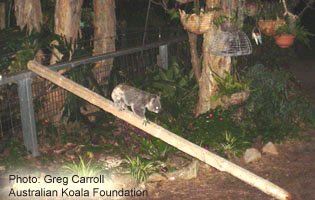
Bats:
Bats can carry deadly diseases. Do not handle and call Wildlife Victoria. They will send a rescuer that has been vaccinated for rabies to handle the bat. They are often found in the roof space or in sheds amongst wood piles. If you absolutely have to relocate or put it into a box for treatment, please wear thick leather gloves.
Echidnas:
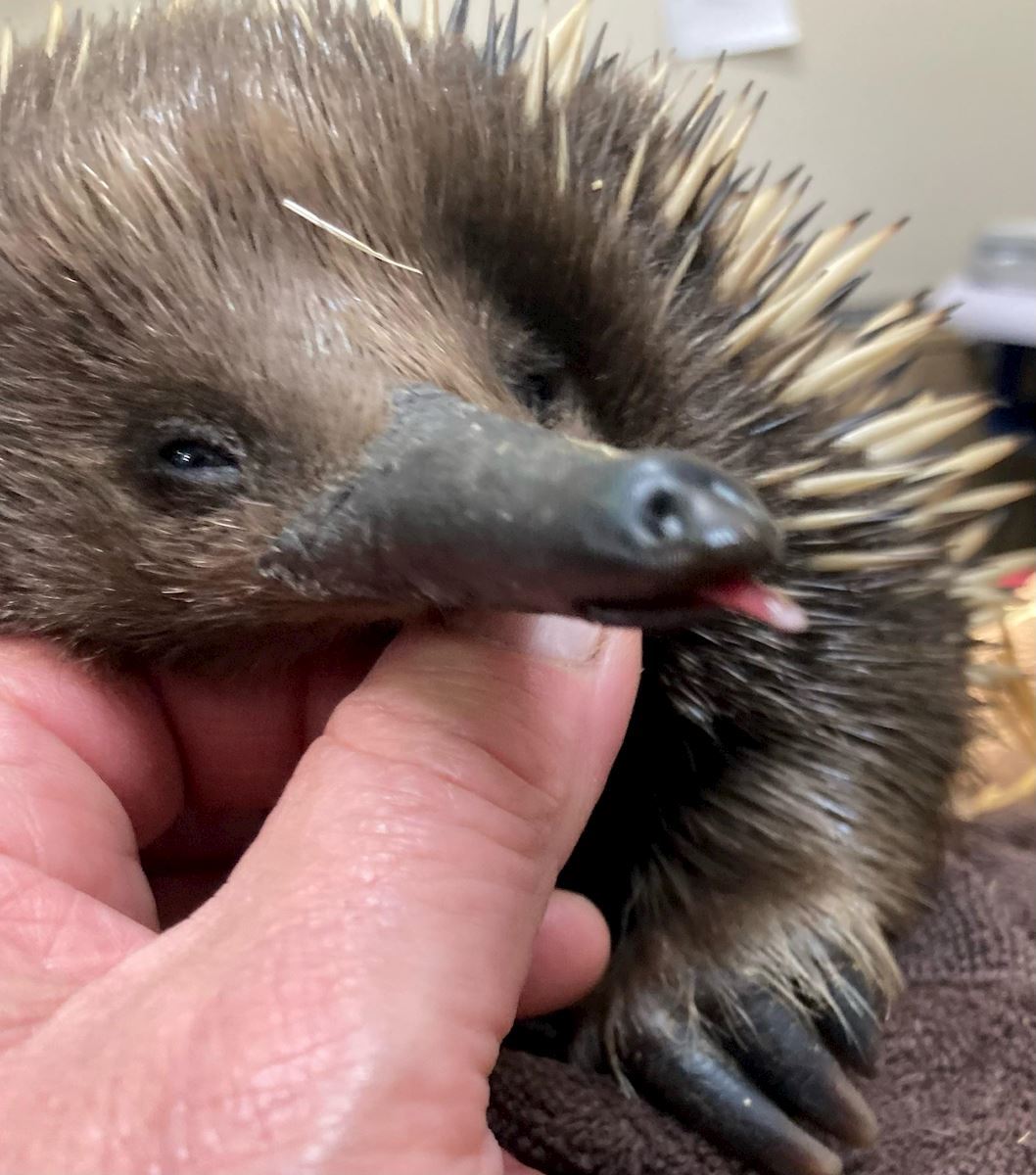
Echidnas are common and they often wander around looking for food and become stuck in backyards with dogs or hit by cars. Echidnas live in a burrowed out den and will travel looking for food whilst their baby remains behind in the den. The mother Echidna suckles her baby only once a week, so if the Echidna is removed from the area, the baby will die. For this reason, it is important if you find an injured Echidna that they get treatment straight away and be returned to where found as soon as possible to find their den. If they are not injured, please remove dogs from the area and give the Echidna a pathway out of the yard or gently pick it up and place it in a safe spot in the near vicinity. Do not try to dig the Echidna out with any sharp implement. To pick up an Echidna, you can take off your jumper or use a thick blanket to wrap around the Echidna and gently pick it up. Yes, spikes are sharp, so good gloves will help. You can place the Echidna in a plastic bin or tub high enough not to climb out for transportation. Putting leaf matter into the tub so that the Echidna can burrow down under thinking he is hiding will also help to ease stress. I love these creatures. They are little weirdos but absolutely amazing. They are from the family of Monotremes. (google it for further self research)
Possums – Ringtail, Brushtail and Gliders:
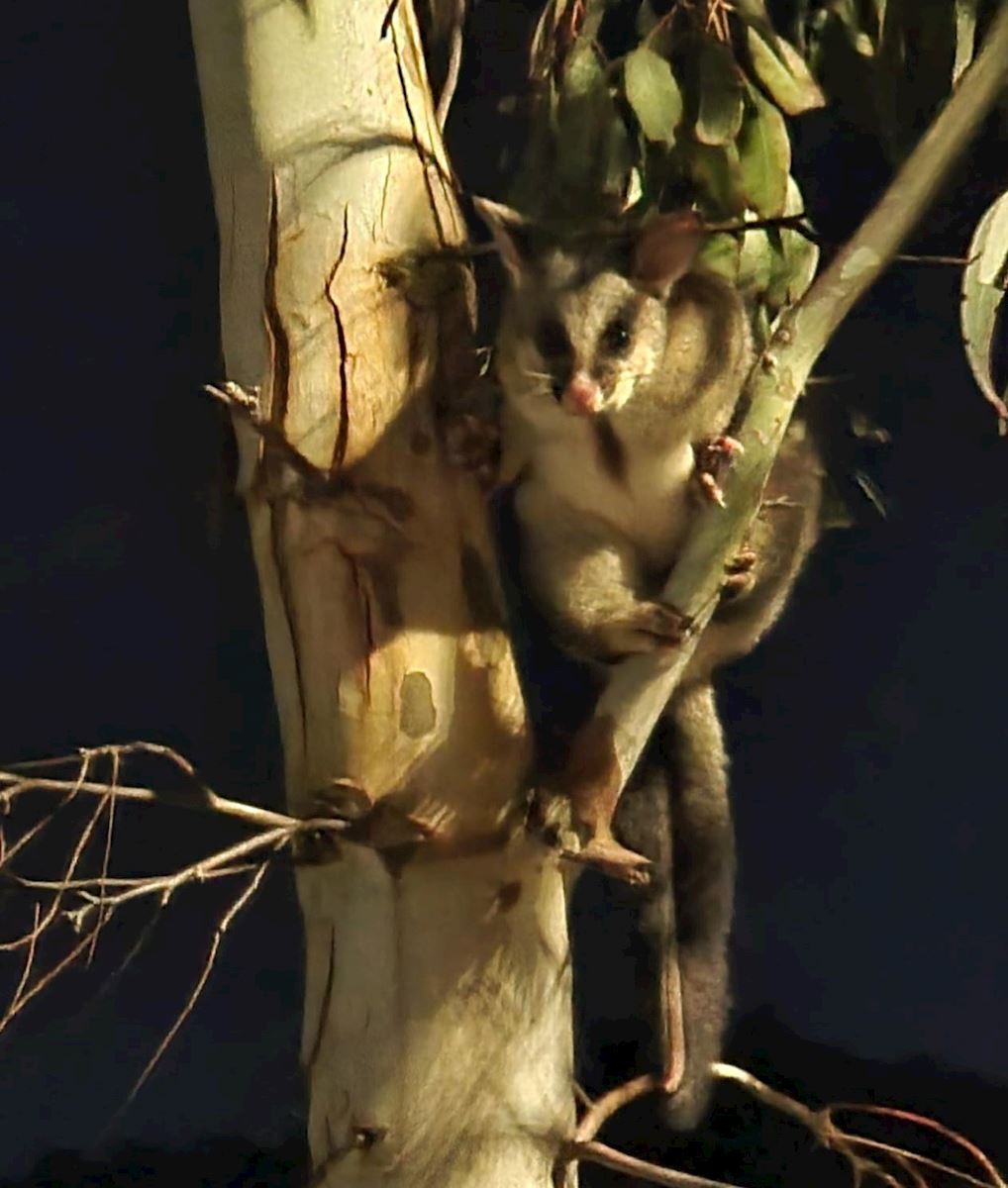
Unfortunately, the most common cause of injury to our possums and gliders is that from our own domestic cats. Possums and gliders have moved into your backyards as the population has increased, and we have taken away their natural habitat. They have learnt to forage on many types of species of plants in your garden, including fruit trees and roses which are like lollies to them. You can be proactive and help stop this occurring by locking up your domestic cats and dogs at night, as they are nocturnal and will come out at dusk and go to bed at sunrise. If you find an injured possum / glider they will need veterinary attention as soon as possible. If they are out in the day that is abnormal behaviour. To pick up a possum you can use a beanie or a pillow case. Yes, they bite, so gloves again is a good idea. Place them into a box or carrier with a warm hot water bottle (not hot as it will burn their soft skin). Do not feed other than a few gum leaves for comfort that you can spray with water. Again, the importance of returning the possum to where it was found is important as they are family habitat creatures, and they may have also left young behind. Orphans will be taken into care and released from shelters into a safe area with other orphans, so they are not released alone. Orphans are the only wildlife we soft release (where they are free to come and go) with others in a safe area.
Birds:
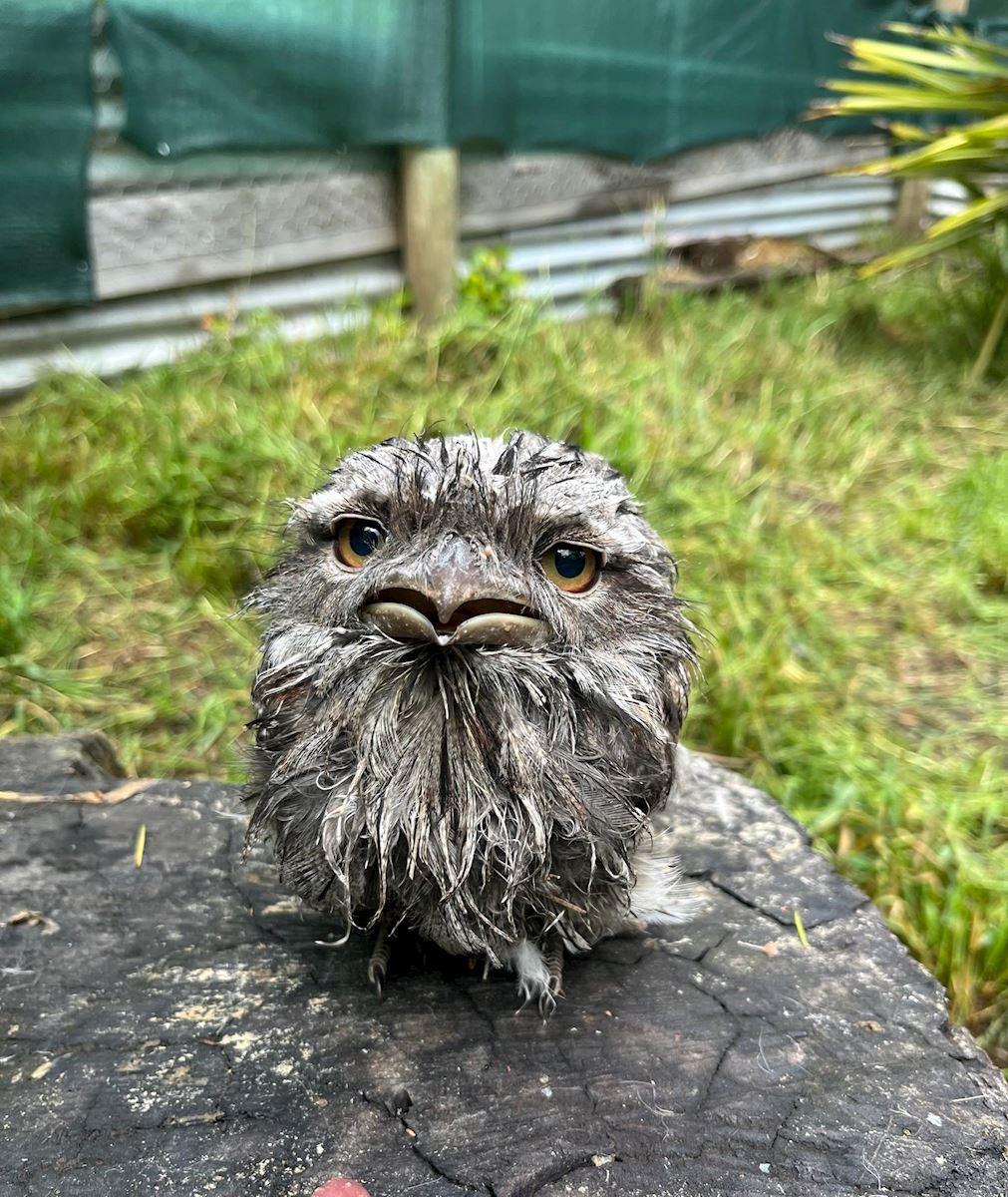
There are 400 species of birds in Victoria, and they are all so different with different needs. We all know the Magpie: they are territorial and family-orientated. To remove a Magpie from his home ground is a death sentence (as with many other bird species). Take time just to listen to the birds around your home - you will be surprised about their calling and warning of stranger danger! Birds are injured flying into windows, hit by cars, or again, that naughty cat left outside not in an enclosure. If you find an injured bird or drenched wet bird, pick up in a towel and place into a box in a warm dark area. Leave the towel in the box so they can perch on it to rest (if you need to keep overnight). Please do not feed and get help as soon as you can. The majority of calls that come in for birds is in spring when our baby birds are learning to fly. They are called Fledglings - birds with ”L” plates. They will be found on the ground and fluffed up and appear hurt, but they are not! (Hopefully again that naughty cat and domestic dog have left them alone) so I ask you to look around for parents - they won’t be far away and make a makeshift nest. Place it in the tree they are under and wait for parents to come get their teenager out playing on the streets. If they are at risk, then yes please remove them, but mostly parents come to them. This applies to any Fledgling (baby bird). If you can watch and give them 24 hrs if not retrieved, then call for help or take to a Shelter / Veterinary Clinic. – See attached notes for Makeshift nests or visit Wildlife Victoria website / Fact Sheets.
Turtles:
Turtles are often found crossing roads especially after heavy rains and do unfortunately get hit by cars. They are usually looking for water, and often follow creek beds or swapping dams. Most injured turtles will need veterinary attention as they can have significant injuries unseen. If you find an injured turtle place it into a wet pillowcase or a wet towel, then into a box or carrier for transport. Warning! Turtles have a defensive scent gland that is located above each leg and will squirt a pungent smell when scared. You can move the turtle to a safe spot i.e. dam or creek if they are lost in your backyard and the pets won’t leave them alone.
Lizards:
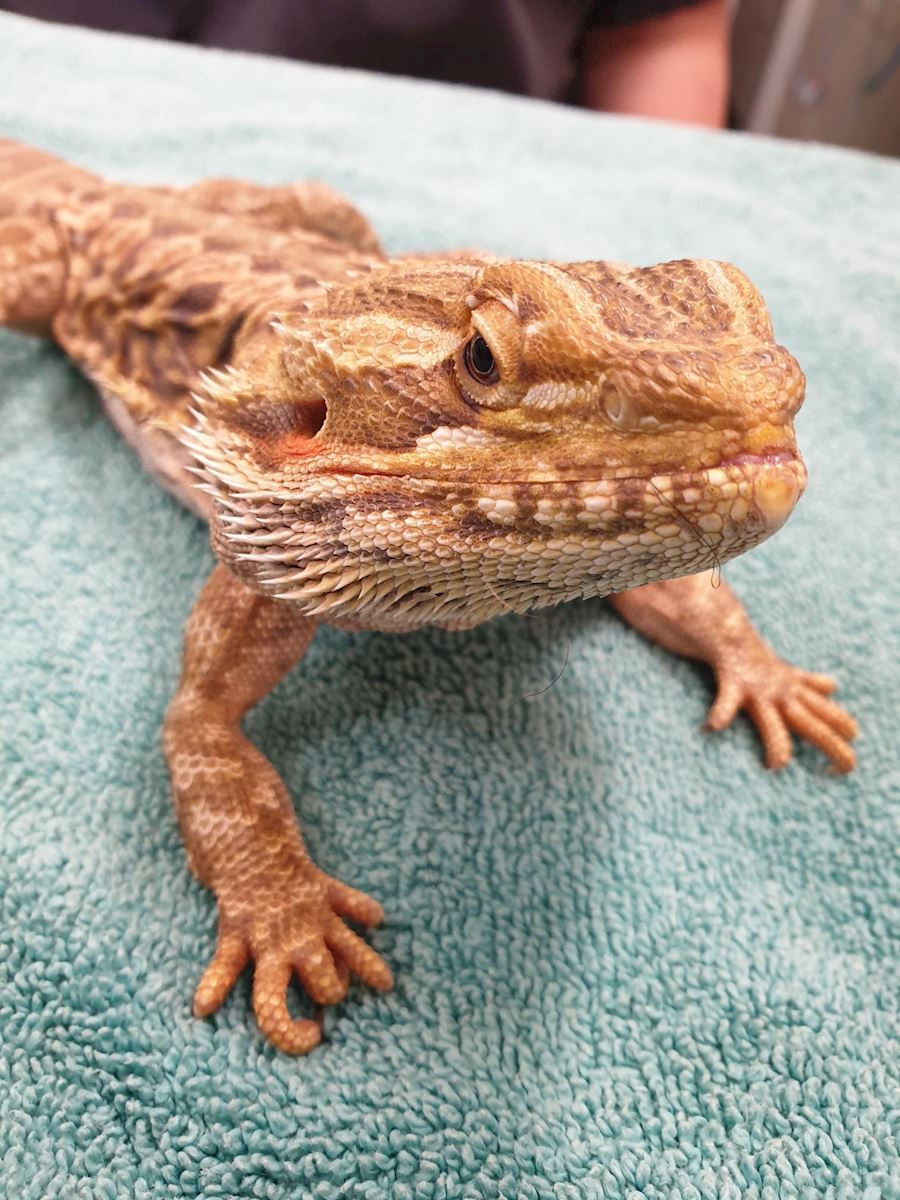
When temperatures increase during spring and summer you might see lizards, skinks, geckos and other reptiles come into your garden to bask in the sun. Reptiles are cold-blooded animals and need the sun to warm up prior to becoming active for the day. Native reptiles are protected in Australia, and it is illegal for healthy individuals to be relocated or ones from the wild to be kept as pets. Lizards and skinks may have a large territory covering many backyards in your area. More often than not, you will not be aware they are there. If you see one in your backyard, enjoy its presence as it will probably be on its way to your neighbours. You can create protected habitats in your backyard using rocks, logs, bricks or even roof tiles that reptiles can use. The most common injuries for our native reptiles are dog and cat attacks. If your dog or cat has found or attacked a reptile, please take it to your local vet or give us a call. Please look out for any reptiles when mowing your lawn or using a whipper snipper - they may be hiding in grass or small shrubs. If found injured, place into a towel or pillow case in a carrier until you can get help.
Snakes:
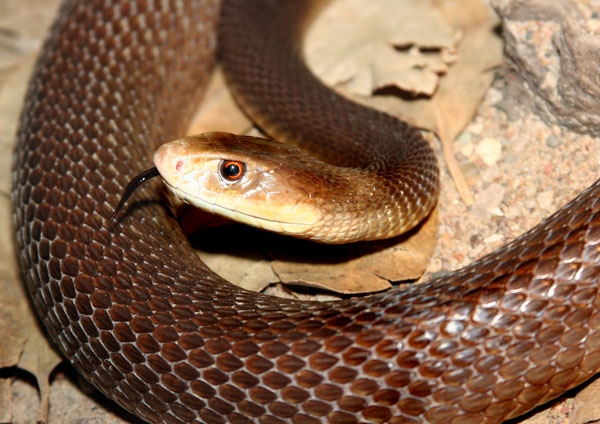
If you find a snake in your backyard, please call a local licensed snake handler to safely remove it. Snake bites usually occur when the animal feels threatened. Never attempt to remove a snake yourself, even if you think it is not dangerous. Do not take the risk. Snakes of the same species vary in their appearance, meaning they can be difficult to identify.
Kangaroo / Wallaby:
Our lovely Kangaroos and Wallabies are losing their habitat and are forced to move on - often found injured by road trauma or getting themselves caught up in fences being chased by dogs. If you find an injured Kangaroo, please call for help. Do not attempt to try and help the Kangaroo by yourself or try and chase it. If you cannot stay with the animal until rescuers arrive, make sure to have an exact location either pin drop the area or tie a ribbon to a tree in the vicinity.
Makeshift Birds Nest ideas that can be easily made from things you have at home, make sure they are secured tightly to the tree and that they are high enough to prevent predators. Leaf matter and sticks to enable the fledglings to be able to get out of the makeshift nest. Holes in the bottom of a bucket to allow water to flow through. If bird has not left nest in 24 hours please call for help, or take to your Shelter or Veterinary Clinic of choice.

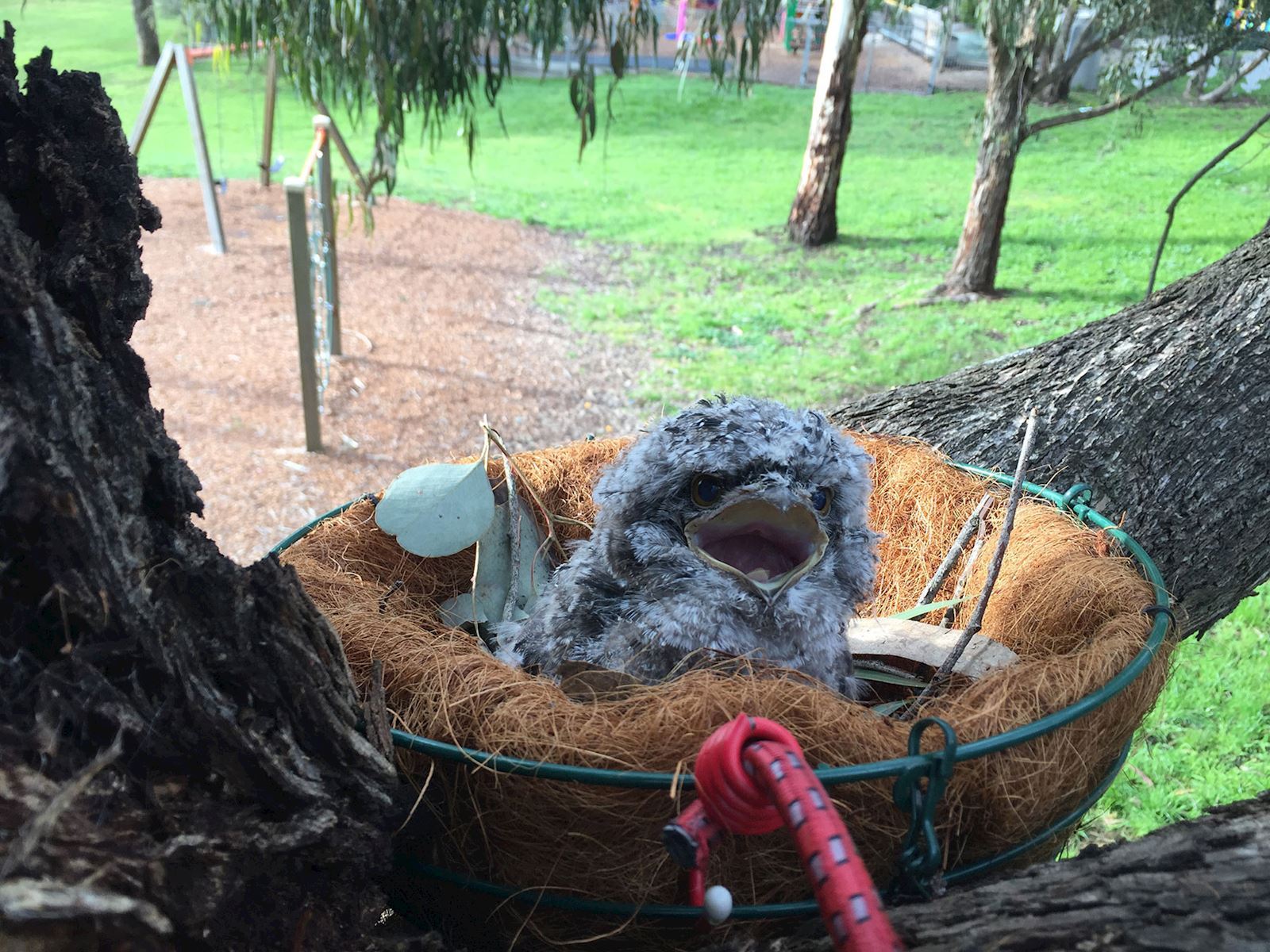
Notes: Important information you need to get when you find a wildlife animal in need.
- Remain calm and quiet.
- Do not get into a chase with the animal. It will only further injure itself - remember they are not ever handled so they will be scared and will be unpredictable.
- Exact location: if you need to call Wildlife Victoria you will need to be able to give good directions, It is advisable that you stay with the animal but if you can not, please leave a marker on a nearby fence tree or use the pin drop location on your phone screen shot it or share with the above authorities.
- Try to cover their eyes and heads with a blanket or towel so they cannot see what’s going around them. This is especially important when trying to pick the animal up to be transported.
- The authorities will also want your contact number to hand onto the Shelters so that they can update you on the progress of the animal you have helped.
Information provided by Shanhaven Shelter and Ballarat Wildlife Hospital (a not-for-profit organisation).
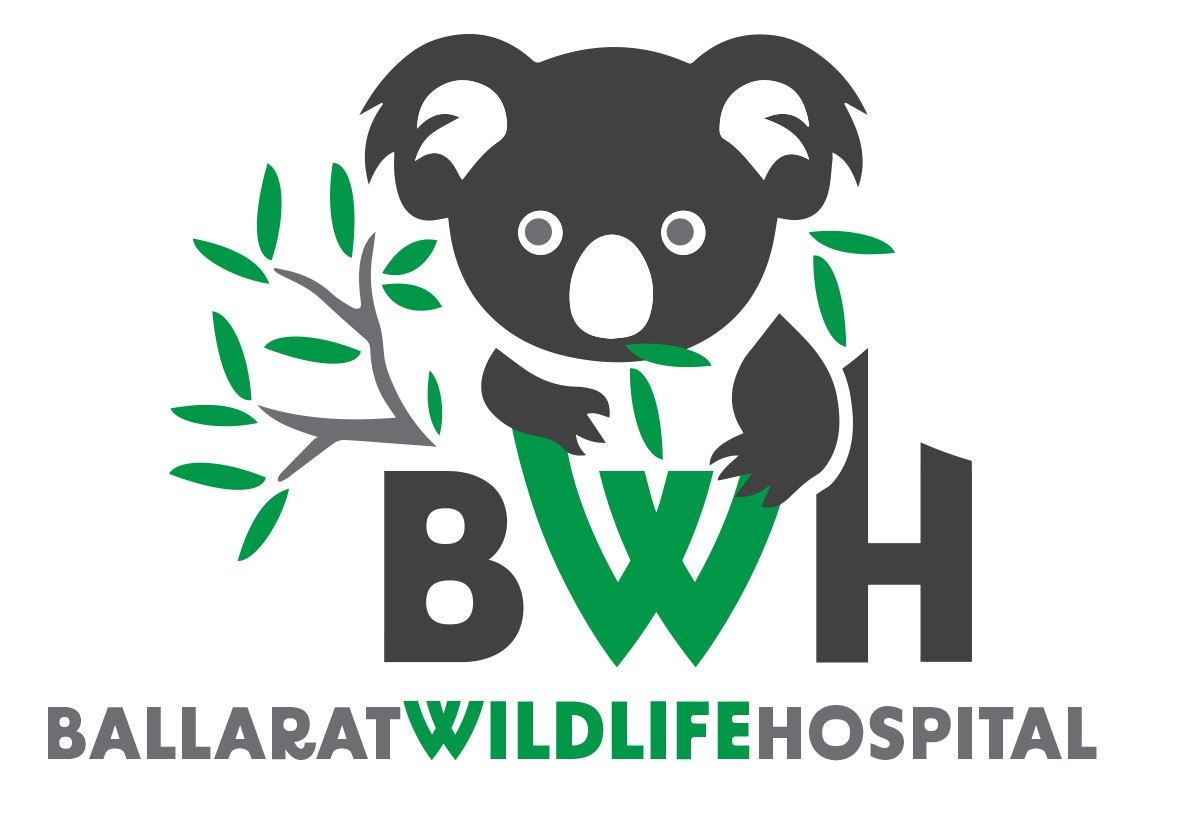
Thank you for supporting Shanhaven Shelter. It takes a team. Join us on our Facebook page “Shanhaven Buninyong Wildlife Shelter"